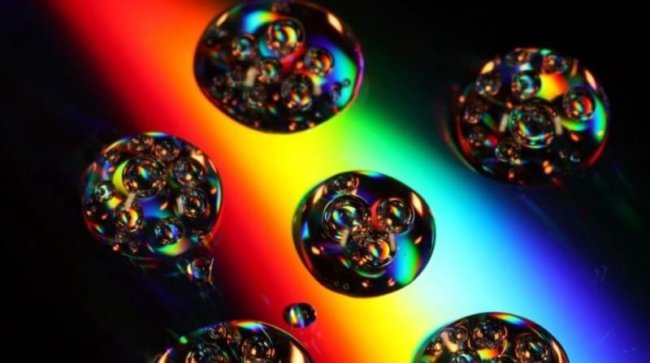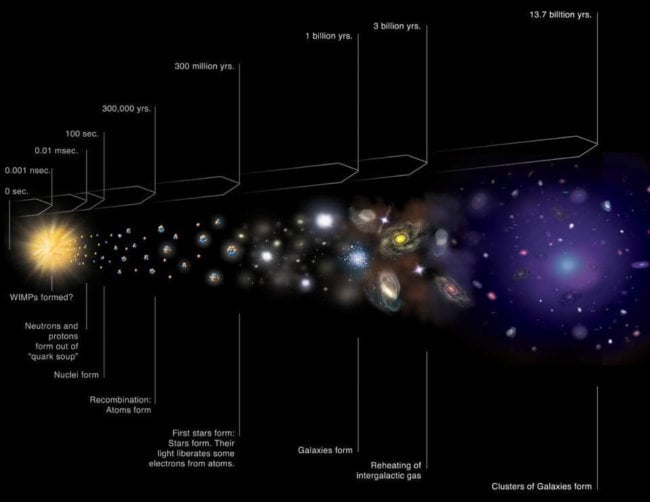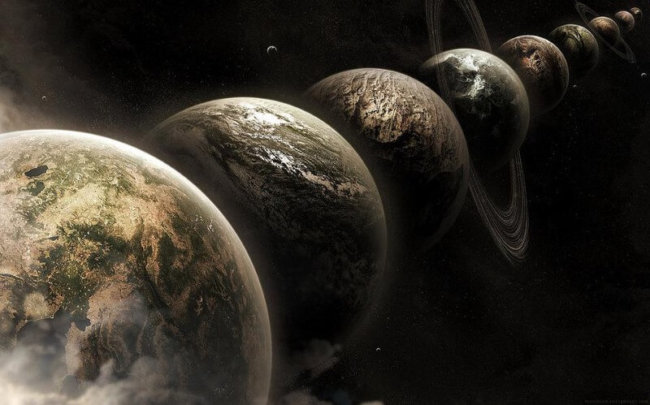
In order for you have existed, a lot of incredible events had to unfold in a certain way. The right egg and sperm were to meet, to create you with a specific DNA sequence, and breathe in you life; one sperm’s chance of 1 to 250 000 000. It was going to happen every time in a continuous sequence for millions of generations of your ancestors, going far in those days, when they were not even humans and not hominids. And other unlikely events had to happen: life was to possess the Land, Earth was formed as a habitable planet with the correct ingredients for life from the ashes of previous dead stars, the laws of physics had to provide the possibility of the emergence of life, and the universe had to turn around so that it became possible.
However, what do we know about this chain of unlikely events happening one after the other, is the fact that none of what happened had infinitesimal probability. Every single event, including:
- mutations and meiosis in the DNA of each ancestor,
- the survival of each of them in reproductive age
- search the partner with which to conceive the next generation of your ancestors,
- creating the right planet with the right history of extinctions, as we have,
- the formation of stars and galaxies in the milky Way to create the conditions for the emergence of the Earth,
- the definition of the laws of nature, which will allow us to get
- the very appearance of our Universe from the great beyond
— all this took some chances. Even the appearance of our Universe from the multiverse has some, but not an infinitesimal probability.

“How do we know that?” — you will ask. It is not physics answers this question and more fundamental theorem of probability: Bayes ‘ theorem. This mathematical idea is deceptively simple, but its consequences are extremely complex. By itself, Bayes ‘ theorem is just a rule calling you the probability something is true, given knowledge of the conditions associated with what you are trying to measure. For example, perhaps you are hungry, and perhaps not, and the only related factor is time of day. If you know what time of day is now, and what time of day you usually want to eat, you can accurately determine the likelihood that you will be hungry now, at least more likely than if you didn’t know the time of day. Bayes theorem tells you about this and many other things.

It takes two events, like “to be hungry” () and “time of day” (B), and associates them:
The probability that A is true under the condition B, is equal to the probability that B is true for condition A multiplied by the probability that A is true (regardless of B) and divided by the probability that B is true (regardless of A).
You can apply it to hunger on the basis of time creating you, based on the genetic material of your biological parents, the existence of the Earth-based interstellar medium which formed the Solar system, or the existence of this Universe on the basis of the conditions that preceded it. Bayes ‘ theorem is a mathematical rule that can be applied to any system in principle.
But have fun and, importantly, underestimate the consequence of Bayes ‘ theorem, which can tell you something important about each of these steps: the probability that some of them will occur, can not be infinitely small. If you want to create our Universe with our laws of physics, our local group, our Sun, our Earth, all of us, given all the conditions that preceded the Big Bang, the probability may be very small, but not infinitesimal. If it were such, our model of the conditions that existed before the Big Bang, it would be possible to exclude immediately, without having to collect data or measurements to be made.

The reason that the probability that A will not occur under condition B, should be in this case equal to 1 or 100%. If the probability of A (irrespective of B) tends to zero, the probability of what will happen “not A” is 1. At a fundamental level, our universe is based on probabilities, as in the 20th century has taught us quantum mechanics. Only the act of observation, interaction, dimension, or any other definition of the state of the system pushes the system in a particular state. Each measurement that we produce, we can be sure that the result of our experiment, though unlikely, would have a finite and non-zero probability of occurrence.
Scientists often argue about the cosmic inflation, models of the origin of the Universe, some argue that the main problem of inflation is that it gives an infinite number of possible outcomes that are equally likely. But if that were the case and the chances that we will get our Universe would be infinitely small, then this model might as well have been deleted. If there were an infinite number of other possible outcomes that would happen all the time, we never would have gotten their own Universe.
This is true for all types of probabilities. So the next time something happens it’s unlikely, remember that no matter how unlikely, the likelihood that it will happen, not infinitesimal. Our existence is one fact rejects this possibility.
The chances of your appearance was not so small
Ilya Hel